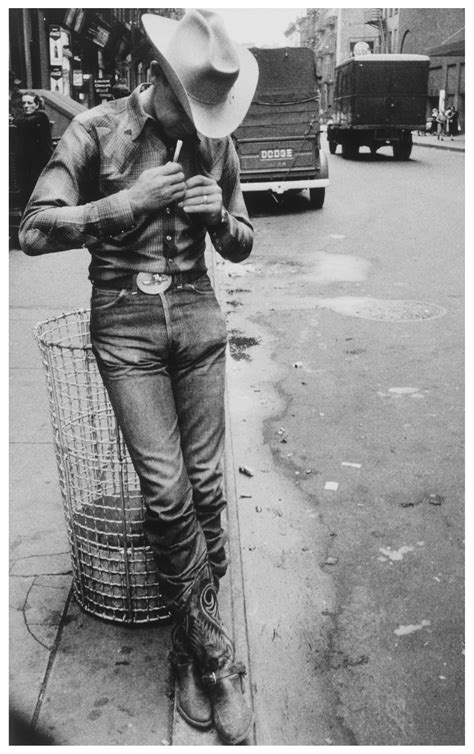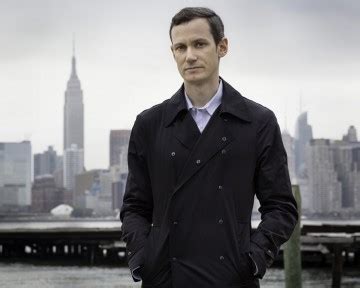A Quote by Lloyd Blankfein
We certainly had an upheaval at the start of the Great Depression, and that resulted in a lot of financial reform, but it wasn't done in one stroke, and it wasn't done immediately. The Depression was in 1929 and resulted in the Securities and Exchange Act of '33, '34, '35, '37, '39, and '41.
Related Quotes
The stock market crashed in October 1929. But that was not the cause of what caused the Great Depression. It was, in my opinion, a very minor element of it. What happened was that from 1929 to 1933 you had a major contraction which, in my opinion, was caused primarily by the failure of the Federal Reserve System, to follow the course of action for which it was set up. It was set up to prevent exactly what happened from 1929 to 1933. But instead of preventing it, they facilitated it.
Manic depression is a type of depression, technically, and it's the opposite of uni-polar. Manic depression is also called bi-polar disorder. Some people don't like to call it that because they think it makes it sound too nice, when the reality is if you have manic-depression you have manic-depression.
































